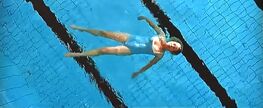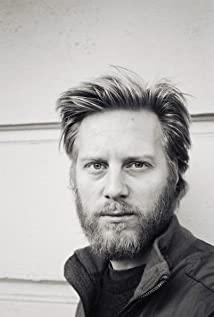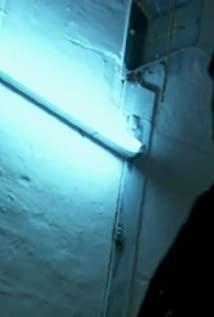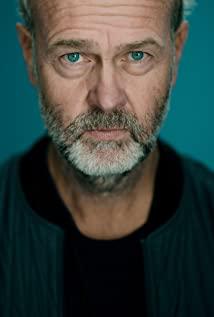Jan's actor is a strange face, but hesitation, guilt and fear are all well written on this young face. The role of Agnes is Trine Dyrholm, whom I have already quite familiar with, and still exerts his powerful acting skills. Although speaking of the role of the victim, what I prefer to see is the calmness and depression of the father in Dardenne's [son].
The details are also memorable. Jan's right hand tied with plaster when he first played the piano is a bondage that has not been shaken off when facing a new life. Agnes looked at the mirror that was on the piano when Jan played, and it vaguely reflected the murderer's face.
It seems to be a fixed pattern that ends wherever it should start, and the arrangement of the waterside scene is somewhat deliberate in the end. However, when the drenched Jan told the final truth, he was still taken aback, so he added a few more points in his heart.
I want to talk about the ending. Compared to the fairy tale ending when Agnes came home and watched her husband hug the two daughters, Jan's calm answer to the questioning was more natural, and the abrupt cessation without further explanation also retained a certain aftertaste.
Regarding the confession of persons released after serving their sentence, and between the offender and the victim, such movies should have been seen, but it is difficult to remember the impression. Jan's self-blame and desire for a new life, the priest's unconditional forgiveness, Agnes's unforgettable hatred and lingering fears, the intention is clear but still feels a little weak. And finally, Agnes's eyes and gestures full of understanding and forgiveness. I don't know if it is true if it is true.
View more about Troubled Water reviews











